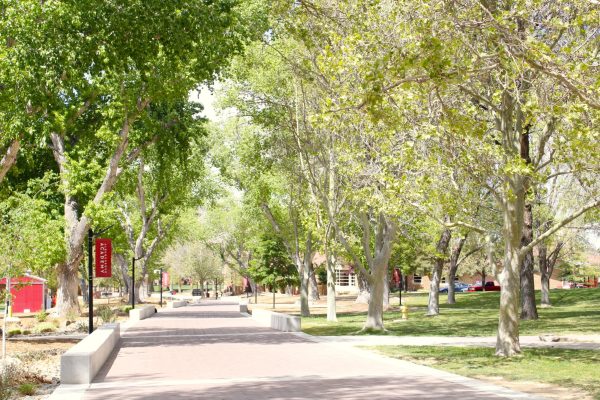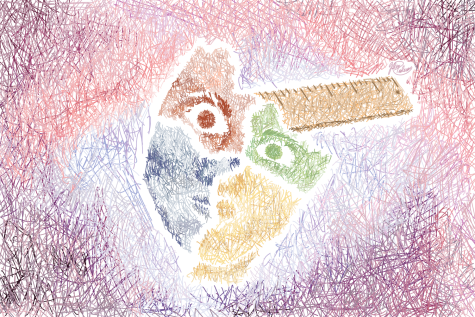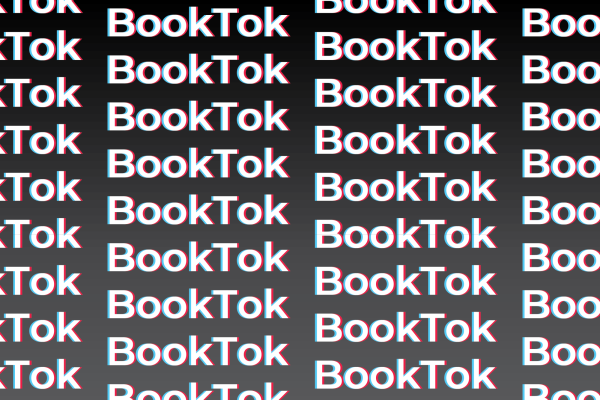A Case for Conversation
What is effective liberalism?
Political correctness is the term and expectation emphasizing that individuals should practice the right kind of thought and speech to discourage hate and racism, encourage inclusion, and foster empathy.
That said, one corollary of political correctness is identifying political incorrectness. Particularly in institutions of learning, this is the point at which political correctness becomes more complicated. At times, schools can become battlegrounds of political attacks, in which those deemed politically incorrect run the risk of being silenced, canceled, or removed.
This is a bipartisan issue, in which both Democrat and Republican ideologies have unfortunately hijacked our curriculum, pushing their agenda as opposed to a purely educational one. The integrity of academic institutions is in jeopardy, from Florida Governor Ron DeSantis’ egregious censorship of Florida’s curriculum, to the recent conflict at Northern Idaho College in which members of the school’s board are striving to remove the ‘deep state,’ to infamous scenes at Yale regarding a well-intentioned email, suggesting what to wear for Halloween.
Barack Obama once suggested that the closed-mindedness and lack of tolerance towards ideas in U.S. academic institutions belongs in the Soviet Union. Likewise, in a powerful speech, CNN commentator Van Jones pointed out that removing uncomfortable ideas from a campus is like removing weights from a gym, asking, “What’s the point?” Specifically addressing students on liberal campuses, Jones says “you are creating a kind of liberalism [where] the minute it crosses… into the real world [it] is not just useless but obnoxious and dangerous.” This statement poses a question – what is effective liberalism? How can we intergrate new ideas and challenge old principles while maintaining an open mind and temper?
Documentarian Rob Montz dedicates his series “Silence U” to this question. When talking about his time as an undergraduate at Brown University, Montz portrays himself as the beneficiary of public discourse, stating, “I had a couple of public debates on race relations in America,” and losing horribly in those debates “informed a lot of the way I think about race relations now.” It was Montz’s classmates’ ability to dismantle his argument that gave Montz the open-mindedness to alter his views . In one of his best lines when discussing academic institutions, Montz points out how “an open engagement roots out hypocrisy in ways censorship never could.” That is an example of effective liberalism in action.
When they fail to value the importance of effective liberalism, not only do our schools fail to teach students to be good listeners, they encourage them not to be. Students are encouraged to comply and subscribe with the politics their institutions are promoting rather than debate and discuss them. Today, students and professors who introduce different views on a range of topics run the risk of being canceled and ostracized. When this occurs, our academic institutions fail to equip students with the skills to verbally and intellectually engage in arguments. Outside of college campuses there aren’t administrators dedicated to fostering safe spaces void of uncomfortable ideas.
Thus, there are several ways in which we can engage with our community to protect academic individuality and prevent political correctness from counteracting it. First, with regard to liberalism, strive to be a part of a deliberate movement not dedicated to change for the sake of change, or addicted to indignation, as in the case of Yale’s Halloween scandal, or disinviting speakers, but rather promote meaningful change not through censoring and outcasting others but by questioning their ideology.
Second, don’t be so quick to dismiss ideas or thoughts when someone you would label as politically incorrect presents them. Instead, view the moment as an opportunity to change someone’s mind, or, better yet, have your own mind changed. This method will foster a more inclusive community united at the front of solving issues through intellectual discussion.
Lastly, I propose not even using language like political correctness. Rather, let’s consider the term “humanitarian correctness.” Humanitarian correctness promotes universal virtues such as empathy, justice, integrity and loyalty. Politics are inherently volatile and fluctuating, whereas these humanitarian virtues are stable and undebatable. Likewise, a representation of these universal virtues is contribute to the greater good far more than any embodiment of politics. As long as we are respectful and strive to use respectful language, we should embrace and encourage dialogue. Disagreement is not the problem of our society, rather doing so with the mindset of somehow being correct enforces close-mindedness. Thus, not only do I encourage debate, I also encourage doing so while valuing not ones politics but rather their humanitarian character.











Stephanie Lipkowitz • May 23, 2023 at 12:17 pm
Well done, Caiden. This is an intelligent and humane take on our overly polarized national discourse.